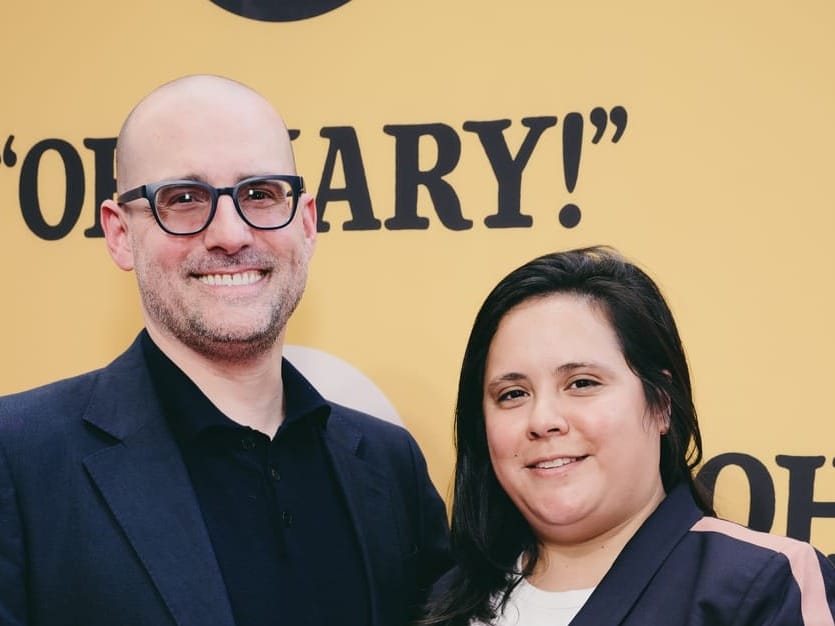After penning a testimonial speaking to racism within the theater industry, a collective of more than 300 theatremakers — artists who identify as Black, Indigenous and People of Color — said they have seen a large response to their call for change.
The testimonial, entitled “Dear White American Theater,” went live Monday night, with signatories including Lin-Manuel Miranda, Cynthia Erivo, Jeremy Pope, Liesl Tommy, Ruben Santiago-Hudson, Sandra Oh and more. A petition accompanying the testimonial has received more than 60,000 signatures, according to the group, which calls the actions thus far “the beginning of a movement.”
“We are currently collecting data, testimonials and statistics, which will be incorporated into a comprehensive list of demands calling upon White institutions to examine, change and dismantle their harmful and racist practices,” the group said in a press release.
The testimonial, which the group says was “collectively crafted by theatremakers from across the country,” speaks to a culture of white privilege within the theater industry that has mistreated actors and theatremakers due to the color of their skin.
“We have watched you exploit us, shame us, diminish us, and exclude us. And we see you. And now you see us,” the letter reads.
The letter addresses inequities in programming, racial prejudice within unions, mistreatment by press, exploitation by theaters and more.
The testimonial was “collectively crafted by theatremakers from across the country,” according to the press statement, which notes that it is signed by multi-generational and multi-disciplinary theatremarkers, including both emerging and established artists.
“We felt it was important that we come together as one voice, in order to amplify, protect and support those who are most vulnerable and those who are emboldened to speak out, whether they are at the beginning of their careers or the very end,” the group said in a press release.
The group began as a conversation between three theatremakers about “the devaluation and violence against Black bodies in the world,” according to the press release, and then grew to a Zoom call with 30 people talking about racism within the theater world.


























































